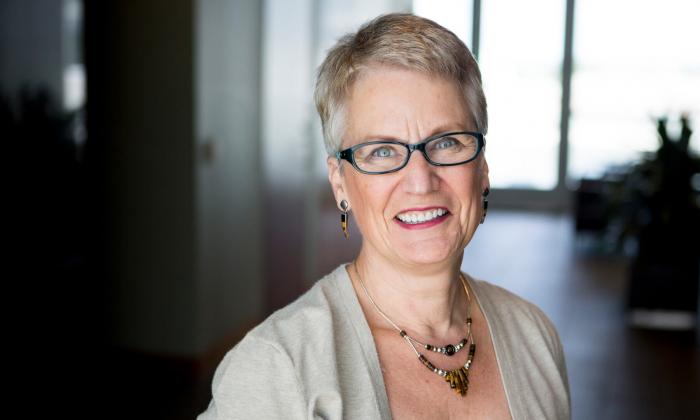
I was named director of Teaching Tolerance back in January, and one of my first tasks was planning this issue focused on rural education.
That might seem strange when you consider that I’m a lifelong New Yorker: born, grew up, went to school, built a career in education, raised a child—all within three of the five boroughs that make up the Big Apple. Only something as wonderful as leading Teaching Tolerance could entice me to come to Montgomery, Alabama, where the Southern Poverty Law Center is based.
When I told friends about my plans to move, they reacted with disbelief. “How can you leave New York?” they wanted to know. These folks had adopted the position that New York was the norm and the rest of America was, well, if not alien, at least invisible.
"I think we have to own the fears that we have of each other, and then, in some practical way, some daily way, figure out how to see people differently than the way we were brought up to."
Alice Walker
I heard echoes of that same reaction when the Teaching Tolerance team began learning about the issues facing rural schools. Many of the people we spoke with assumed that only urban and suburban schools grappled with the topics we cared about, and that rural schools, few in number, existed in a kind of Edenic landscape.
Talk about invisible.
As it turns out, ignorance about rural schools is pretty widespread. We soon discovered that no one—not even the federal government—has a single definition for what constitutes “rural.” We also learned about the degrees of rurality and the world of difference between a rural school that’s a mere bus ride away from a big city, and one that’s hundreds of miles from a population center. Mainly, we learned that rural schools face many of the same problems as urban schools, but often with fewer resources and a unique set of challenges.
We’ve tried to make these schools visible. After all, rural students deserve access to educational opportunities equal to those enjoyed by their urban and suburban counterparts. In this issue, you’ll see how individual teachers make a difference in rural schools. You’ll also see that gay and lesbian students face particular hurdles in gaining acceptance, and that the best solutions often involve communities.
We hope you’ll enjoy this glimpse into how rural schools, so rarely in the spotlight, meet their challenges. More than that, we hope you’ll be inspired by many of the stories that come out of the country.
Most of all, we’d like these stories to spark conversations, at school and online.
—Maureen Costello